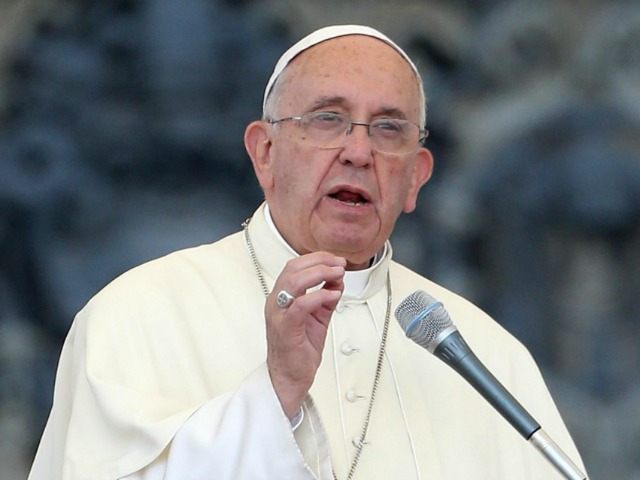ROME — The Vatican has called for a “responsible, unprecedented collective response” to the “momentous challenge” of climate change.
Speaking on behalf of Pope Francis, Vatican Secretary of State Cardinal Pietro Parolin said in an online address Monday to the Climate Adaptation Summit taking place in the Netherlands that climate change “represents one of the principal challenges facing humanity in our day.”
“The scientific data at our disposal clearly show the urgent need for swift action,” Cardinal Parolin said. “The transition to a reduction of greenhouse gas emissions is a problem not only of the domain of technology, but also a question of consumption patterns, education, and lifestyles.”
The cardinal said that Pope Francis wished to assure participants in the Climate Adaptation Summit “of his closeness, support and encouragement in these days of intense effort.”
The reduction of greenhouse gas emissions and mitigation activities must go hand-in-hand with strengthening adaptation and resilience, Parolin said. “This is a moral and humanitarian imperative, especially since the greatest negative consequences of climate change often affect the most vulnerable: the poor and future generations.”
“Complementarity mitigation and adaptation activities require coming up with a global and shared long-term strategy based on precise commitments, capable of defining and promoting a new model of development and built on the synergistic bond between the fight against climate change and the struggle against poverty,” he said.
The cardinal took advantage of the address to reiterate the pope’s call for increased multilateralism.
Citing Francis’ address to the United Nations General Assembly last September, Parolin asserts that we are faced with a choice between two possible paths, the “consolidation of multilateralism” or the path of “self-sufficiency, nationalism, protectionism, individualism and isolation.”
On that occasion, the pope insisted that multilateralism “is God’s plan for our world.”
Mitigation and adaptation activities require a “stronger international cooperation committed to a low-carbon sustainable development,” Parolin declares, “as well as to investing in strengthening technologies and resilience.”
“May we make the response to climate change an opportunity for improving overall living conditions, health, transport, energy and security, and for creating new job opportunities,” he says.
“We should show also that we have the political will and motivation to advance this forward-looking endeavor,” he states.

COMMENTS
Please let us know if you're having issues with commenting.